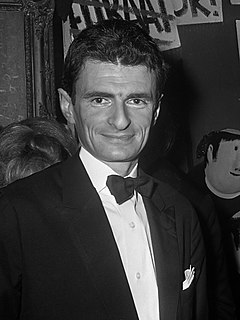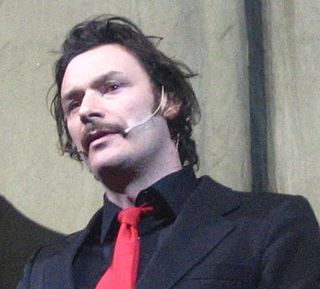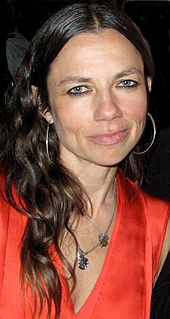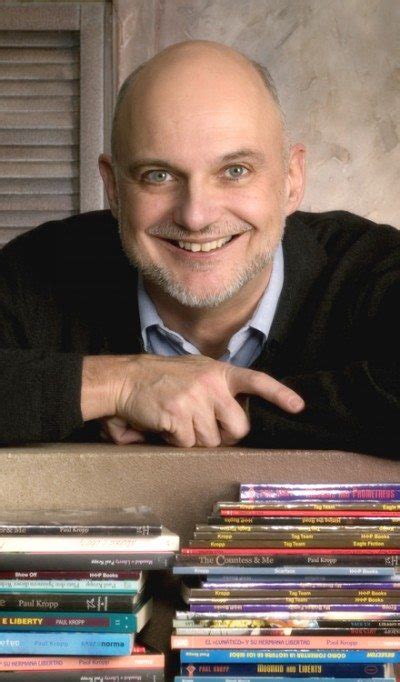A Quote by Morris Gleitzman
Children know when they are being sold a sanitised version of the world, and I think that's a betrayal of the relationship between author and reader.
Related Quotes
We must be forewarned that only rarely does a text easily lend itself to the reader's curiosity... the reading of a text is a transaction between the reader and the text, which mediates the encounter between the reader and writer. It is a composition between the reader and the writer in which the reader "rewrites" the text making a determined effort not to betray the author's spirit.
I know that disavowal is an unusal form of betrayal. From the outside it is impossible to tell if you are disowning someone or simply exercising discretion, being considerate, avoiding embarrassments and sources of irritation. But you, who are doing the disowning, you know what you're doing. And disavowal pulls the underpinnings away from a relationship just as surely as other more flamboyant types of betrayal.
One thing I am certain of, I do not want to be betrayed, but thats quite hard to say casually, at the beginning of a relationship. It’s not a word people use very often, which confuses me, because there are different kinds of infidelity, but betrayal is betrayal wherever you find it. By betrayal, I mean promising to be on your side, and then being on somebody else’s.
an Autobiography is the truest of all books; for while it inevitably consists mainly of extinctions of the truth, shirkings of the truth, partial revealments of the truth, with hardly an instance of plain straight truth, the remorseless truth is there, between the lines, where the author-cat is raking dust upon it which hides from the disinterested spectator neither it nor its smell... the result being that the reader knows the author in spite of his wily diligences.
I see a lot of women around me who seem to stop developing as individuals after marriage and children. I don't know what kinds of pressure they're under, but I think it robs the world of 'the older version of Judy or Wendy,' or whomever. It robs the world of the next iteration of them, and I don't think that's right.


































